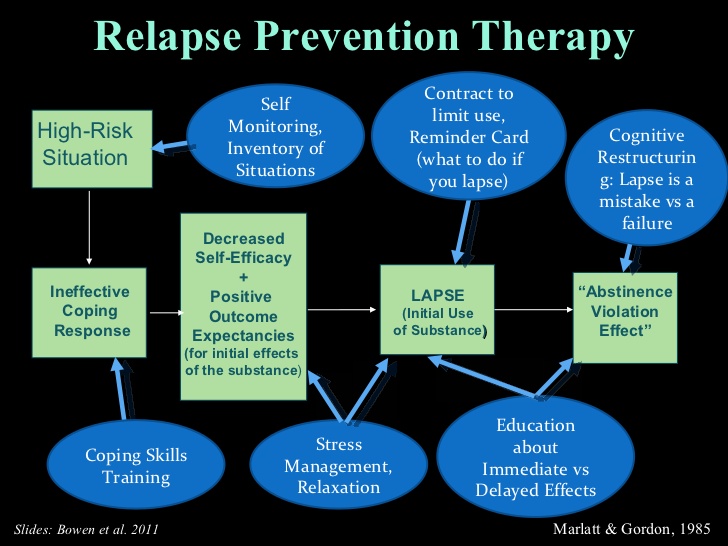
If coping with chronic pain and depression is giving you helpless night, then you need to seek for help immediately. Early treatment will go along way is dealing with the problem effectively.
Pain is one thing that we will always live with and we cannot just wish away. If you have not been in any kind of pain the probably you don’t know what pain is and so I will take time to briefly describe to you what pain is. According to the experts at AWAREmed Health and Wellness Resource Center, doctor Akoury says that medically pain could derived its meaning in relation to a sensation that hurts. It therefore means that there will be no pain without being hurt, feelings of discomfort, distress and in other times agony and this will also depends on the severity of the pain. When in pain you must be able to understand that generally pain can either be steady and constant and in such cases you may feel some aches. Besides that it might be a throbbing pain – a pulsating pain. The pain could have a pinching sensation, or a stabbing one. From the definition, we can comfortably say that it is not practically possible for one or those who suffer from chronic pain to feel stressed and depressed at times. This is no surprise, given the fact that “chronic pain” usually means pain that lasts more than three to six months. Nonetheless prolonged pain appears to set up a pathway in the nervous system that sends pain signals to the brain, even in the absence of an underlying anatomical problem. Therefore to understand the significance of pain well we are going to focus our discussion on the possibilities of coping with chronic pain and depression. Doctor Dalal Akoury MD and founder of AWAREmed Health and Wellness Resource Center will be sharing with us more about pain from a professional point of view.
Besides that it is important to appreciate that some chronic pain may be due to a diagnosable anatomical problem, such as degenerative disc disease or spinal stenosis that can cause continual pain until successfully treated. More often, the chronic pain has no clear anatomical cause, as in failed back surgery syndrome or chronic back pain without an identified pain generator. In such cases, the pain is itself the disease. Yet again for some people, the stress and depression resulting from chronic pain can become consuming, and can even worsen and prolong the pain. Increased pain can, in turn, lead to increased stress and depression, creating a cycle of depression and pain that can be difficult to break. To be fairly safe from all these pains, there are certain things that we can do to prevent, manage or minimize chronic pain and depression. The following are some of the things you can do:
Talking to a physician about symptoms of depression or stress, or a history of depression, while still in the acute pain phase can alert a physician to the need for consideration of both conditions in creating a treatment plan for the patient’s spine health. While one patient may demonstrate a full recovery from the initial injury, a patient who is more prone to depression and stress, shows signs of depression and/or stress, or who has a history of clinical depression may be more vulnerable to developing a chronic pain problem that persists beyond the initial acute pain complaint. An informed physician can suggest a treatment plan early on that treats the patient’s mental state as well as their physical pain, minimizing the chances of the patient developing a chronic pain problem.
It is advisable for patients to talk with their doctors if they experience any of the following common symptoms of depression that is changes in sleeping patterns, appetite and feelings of anxieties.
Remember that stress a lone can manifest itself in several ways. Therefore it is important for patients to seek their doctor’s opinion if they think or believe that they are displaying symptoms characteristic of stress-related back pain, which are similar to those of fibromyalgia: Back pain and/or neck pain, diffuse muscle aches, muscle tender points and sleep disturbance and fatigue. Besides that doctor Akoury says that chronic pain can also be exacerbated by things such as physical de-conditioning due to lack of exercise and an individual’s thoughts about the pain. Patients can help thwart their pain from developing into or minimizing chronic pain by engaging in an appropriate exercise program and practicing distraction, guided imagery and other cognitive techniques.
Patients can monitor how their own stress and anxiety affects their back pain by keeping a diary of when their back pain changes and what kinds of stress could be triggering the pain. This exercise can redirect a patient’s focus from the pain to the elements in their life that affect their pain. Identifying stress triggers or emotional triggers that affect the pain will give the patient the opportunity for better pain relief through avoiding or eliminating these stress triggers. Recognizing how depression and stress affect their pain can lessen anxiety by giving patients more control over their chronic pain problem.
Doctor Akoury says that depression and an emotional reaction to chronic pain are normal. However many patients do not speak to their physicians about their depression because they believe that once the initial pain problem is resolved, the depression, anxiety, and stress they are feeling will go away. Nevertheless, secondary losses from a chronic pain problem, such as changes in the ability to do favorite activities, disrupted family relationships, financial stress, or the loss of a job, can continue to contribute to feelings of hopelessness and depression. Therefore talking to a physician about your feelings of depression will keep the physician better informed and better able to provide appropriate care. Remember that depression can affect the frequency and intensity of pain symptoms, and the healing process. In the meantime it is important to appreciate that getting simultaneous treatments for both the back pain and depression is healthy and will give the patient a better chance of realizing a full recovery.
Did you know that by sharing your story with your physician about the challenges of depression, you can be creating an opportunity for a multi-disciplinary course of treatment involving both a physician and a mental health professional? This is very possible and with a team approach formula, both the pain problem and the depression are monitored simultaneously, and both doctors can communicate about how each area affects the other. It’s important for physicians to understand that changes in the physical symptoms of pain can also be related to changes in a patient’s mental state. Finally remember that even as you seek for these medications, some common treatments for pain, including opioid pain medication, can actually worsen your depressed situation. This worsening depression can then affect the physical presentation of the pain. Therefore if both physical and mental well-being is being monitored closely by medical experts, treatment and medication recommendations, including antidepressants, can be made that take both the physical pain and the emotional health of the patient into account. There are a lot more that can be done to remedy the situation. Therefore you can schedule for an appointment with doctor Akoury for more professional guidance today.










